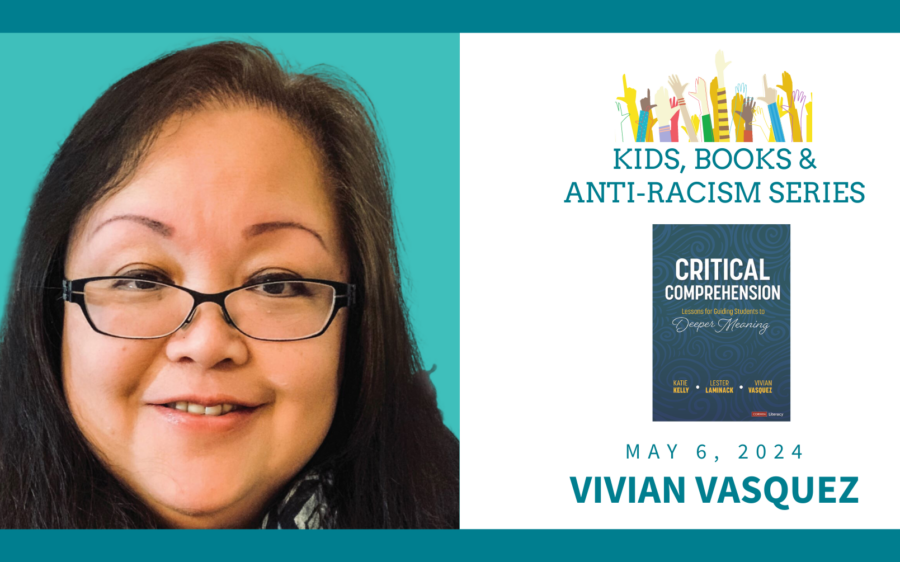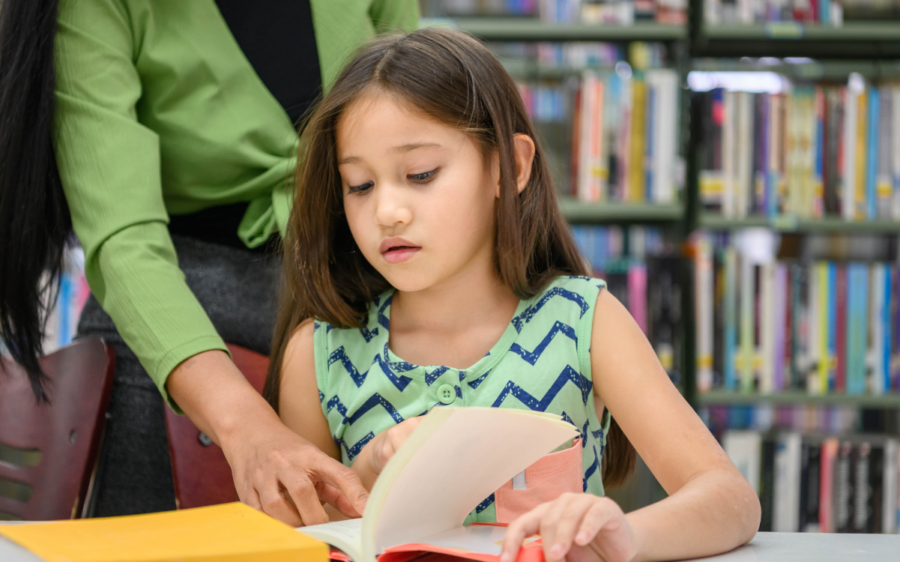Step One in Teaching
I love the beginning of a new school year, and I imagine you are feeling the same way. You may be filled with anticipation and have a sense of eagerness knowing there are limitless new possibilities as you welcome a class full of children. You and your students enter the new school year prepared to embark on a journey of discovery, growth, and meaningful connections. With a buzz of excitement, you may start to wonder, how do I begin this journey? As a teacher of literacy, a good place to begin is with observational assessment.
Observational assessment in the form of a benchmark reading conference gives you the opportunity to watch as a child reads and talks about their reading. It allows you to gain a rich set of information about the individual. As a classroom teacher, you are the ideal person to conduct the assessment because you will use the knowledge of each child to inform your teaching decisions. The short time you spend one on one with each child to administer the assessment is time well spent. During this time, you get to know each child as a human being and develop relationships with them while you gather important information about their literacy processing.
When you sit next to a child and the child reads a high-quality book, the task is a real act of reading and writing that mirrors worthwhile literacy activities the child will engage in every day. In a literacy classroom, children read books, talk about their reading, and write about their reading, so a worthwhile observational assessment is one in which children engage in those types of authentic tasks. If an assessment does not closely mirror the act of literacy, you may find the information it provides is unhelpful or leaves you with more questions than answers. When you observe a child reading, then you see first-hand what the child does after an error or at the point of difficulty. You begin to understand how they work on print and what they need to learn how to do next. This real-time data collection is valuable in a literacy classroom because you get reliable data that immediately informs your instruction. When you hear a child talk about a text, you gain better insight into how a child thinks about a text as compared to a multiple-choice response which gives you limited data, whether the child selected a correct answer or an incorrect answer. Although you spend time with one child out of many, your planning for next steps is more efficient, more meaningful, and more precise in the data you gather.
Observational assessment that mirrors the types of reading, writing, and thinking students will do in the classroom is practical and usable. I hope you view this kind of assessment as an integral part of your literacy teaching this year.






